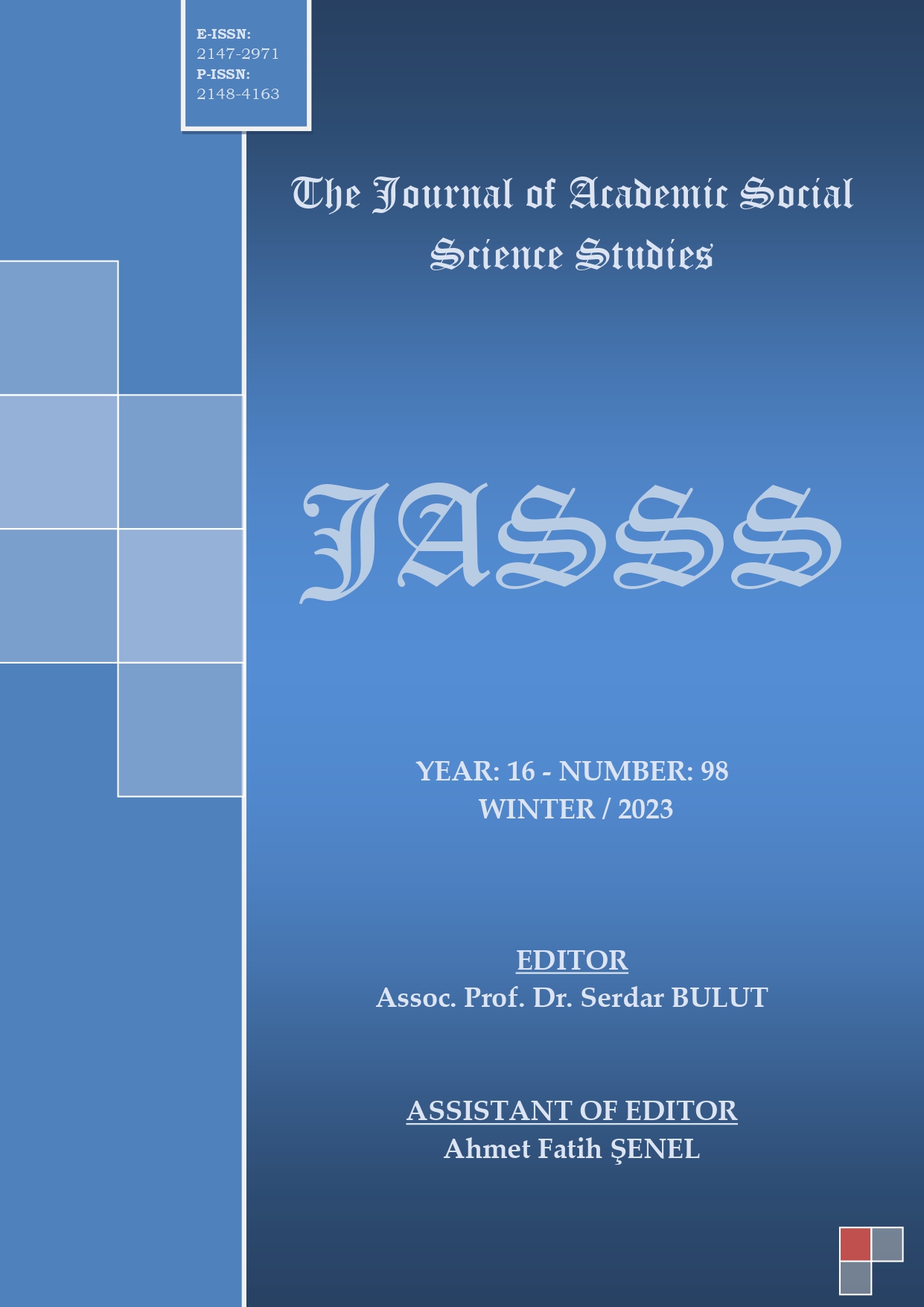Author :
Abstract
Leibniz Newton’un mutlak uzay-zaman kavramsallaştırmasına ve Locke’un idelerin ard arda gelişinden türettiği süre idesine karşı çıkar. İdeal ve ilişkisel bir uzay-zaman teorisi ileri sürmüş olan Leibniz, Newton ve Clarke tarafından ileri sürülen, uzay ve zamanı mutlak olarak gören teorilere karşı çıkmıştır. Uzay ve zamanın mutlak olduğu düşüncesi Leibniz’e göre aklın temel iki ilkesi olan çelişmezlik ilkesi ve yeter sebep ilkesinden türeyen ve tüm tözlere uygulanabilen ayırt edilemezlerin özdeşliği ilkesinin ihlaline yol açmaktadır. Yeter sebep ilkesine dayanarak bir şeyin belli bir mutlak zamanda var olması ya da bir olayın belirli bir mutlak zamanda meydana gelmesi için hiçbir sebebin olamayacağını, uzayın mutlak bir varlığa sahip olması durumunda, evrenin Tanrı yaratmadan önce de var olması gerekeceğini belirtir. Ayırt edilemezlerin özdeşliği ilkesine göre ise mutlak uzay ve zamanda tüm yer ve zamanların birbirinde hiçbir farkı olmayacağından evrenin yaratıldığı an ve yere ilişkin Tanrı’nın seçiminin anlamsız olacağını ifade eder. Leibniz söz konusu iki ilkeyi ihlal ettiği için Newton’un ortaya attığı türden mutlak bir uzay-zamanın imkansız olduğunu iddia eder. Uzay ve zamanın mahiyetiyle ilgili Leibniz ve Newton arasındaki tartışma, Kant’ın uzay ve zamana dair düşüncelerinin oluşumunda da etkili olmuştur. İşte bu çalışmada ilk olarak Leibniz’in uzay ve zaman bağlamında Newton ve takipçilerine yaptığı eleştiriler, ardından da ortaya koyduğu yeni uzay ve zaman teorisi analiz edilecektir.
Keywords
Abstract
Leibniz opposes Newton's conception of absolute space-time and Locke's derivation of duration ideas from the succession of ideas. Proposing an ideal and relational theory of space and time, Leibniz challenges the theories put forth by Newton and Clarke, which view space and time as absolute entities. According to Leibniz, the notion of absolute space and time violates the principles of non-contradiction and sufficient reason, which are fundamental to reason, as well as the principle of the identity of indiscernibles, applicable to all entities. Based on the principle of sufficient reason, Leibniz asserts that there can be no reason for something to exist at a particular absolute time or for an event to occur at a specific absolute time. If space were to possess an absolute existence, then the universe would have to exist before God created it. In accordance with the principle of the identity of indiscernibles, in absolute space and time, all places and times would be indistinguishable from one another, rendering God's choice of the moment and place of creation meaningless. Leibniz söz konusu iki ilkeyi ihlal ettiği için Newton’un ortaya attığı türden mutlak bir uzay-zamanın imkansız olduğunu iddia eder. The Debate between Leibniz and Newton regarding the Nature of Space and Time has also influenced Kant's formation of ideas about space and time. In this study, firstly, the criticisms of Leibniz against Newton and his followers in the context of space and time will be examined, followed by an analysis of his proposed new theory of space and time.





